Darius Muglich
Generalized Beliefs for Cooperative AI
Jun 26, 2022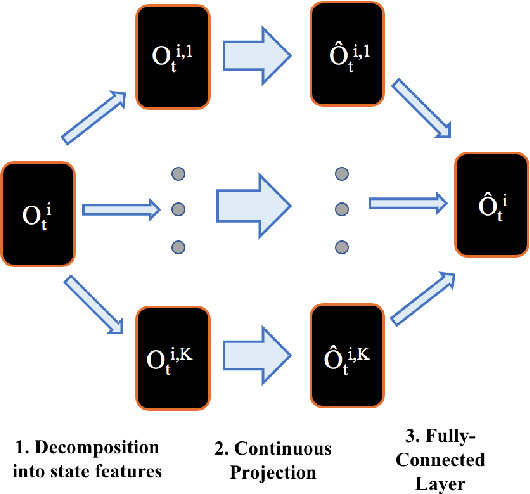
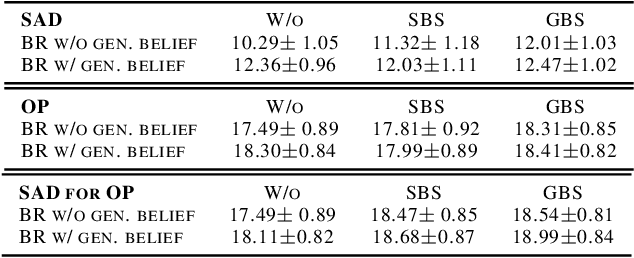
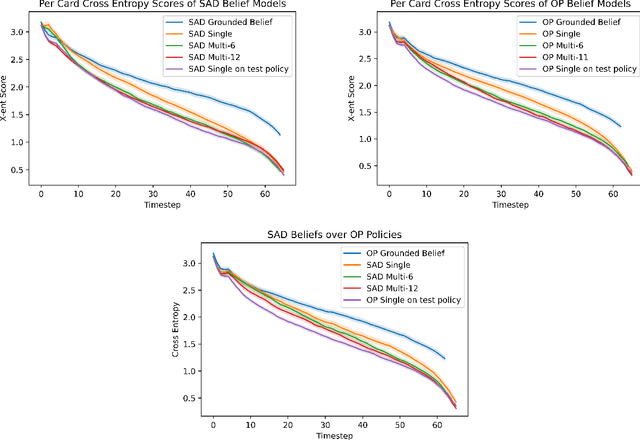
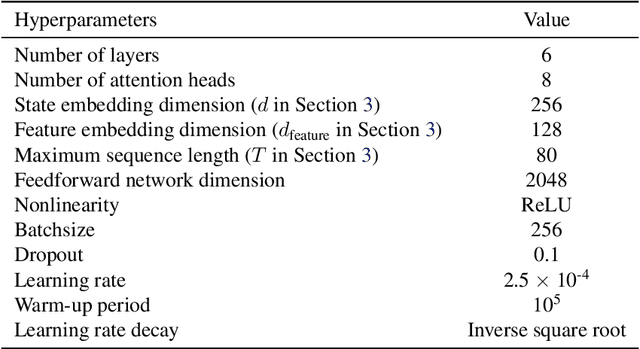
Abstract:Self-play is a common paradigm for constructing solutions in Markov games that can yield optimal policies in collaborative settings. However, these policies often adopt highly-specialized conventions that make playing with a novel partner difficult. To address this, recent approaches rely on encoding symmetry and convention-awareness into policy training, but these require strong environmental assumptions and can complicate policy training. We therefore propose moving the learning of conventions to the belief space. Specifically, we propose a belief learning model that can maintain beliefs over rollouts of policies not seen at training time, and can thus decode and adapt to novel conventions at test time. We show how to leverage this model for both search and training of a best response over various pools of policies to greatly improve ad-hoc teamplay. We also show how our setup promotes explainability and interpretability of nuanced agent conventions.
Neural RST-based Evaluation of Discourse Coherence
Sep 30, 2020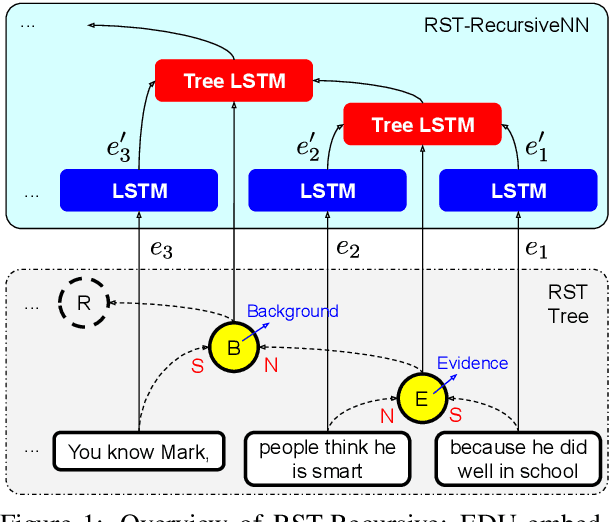
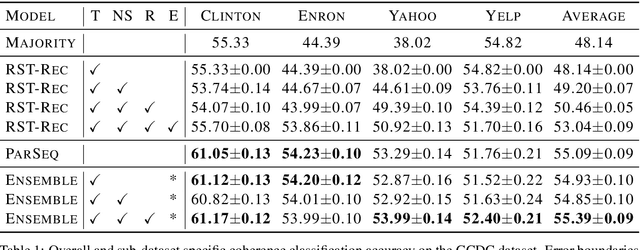
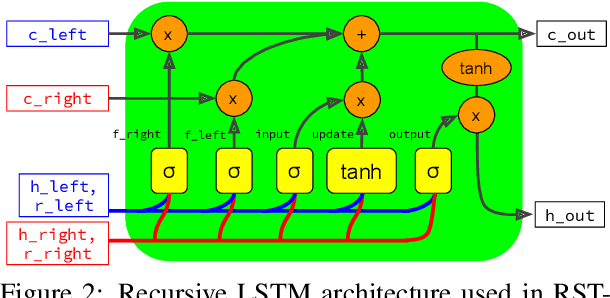
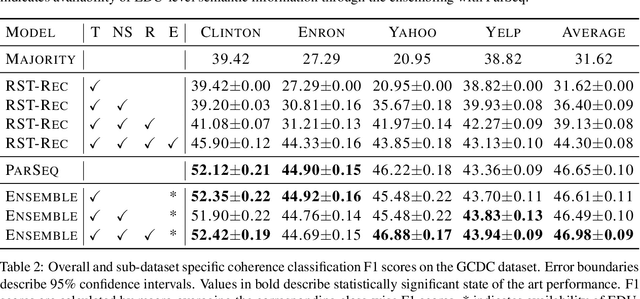
Abstract:This paper evaluates the utility of Rhetorical Structure Theory (RST) trees and relations in discourse coherence evaluation. We show that incorporating silver-standard RST features can increase accuracy when classifying coherence. We demonstrate this through our tree-recursive neural model, namely RST-Recursive, which takes advantage of the text's RST features produced by a state of the art RST parser. We evaluate our approach on the Grammarly Corpus for Discourse Coherence (GCDC) and show that when ensembled with the current state of the art, we can achieve the new state of the art accuracy on this benchmark. Furthermore, when deployed alone, RST-Recursive achieves competitive accuracy while having 62% fewer parameters.
 Add to Chrome
Add to Chrome Add to Firefox
Add to Firefox Add to Edge
Add to Edge